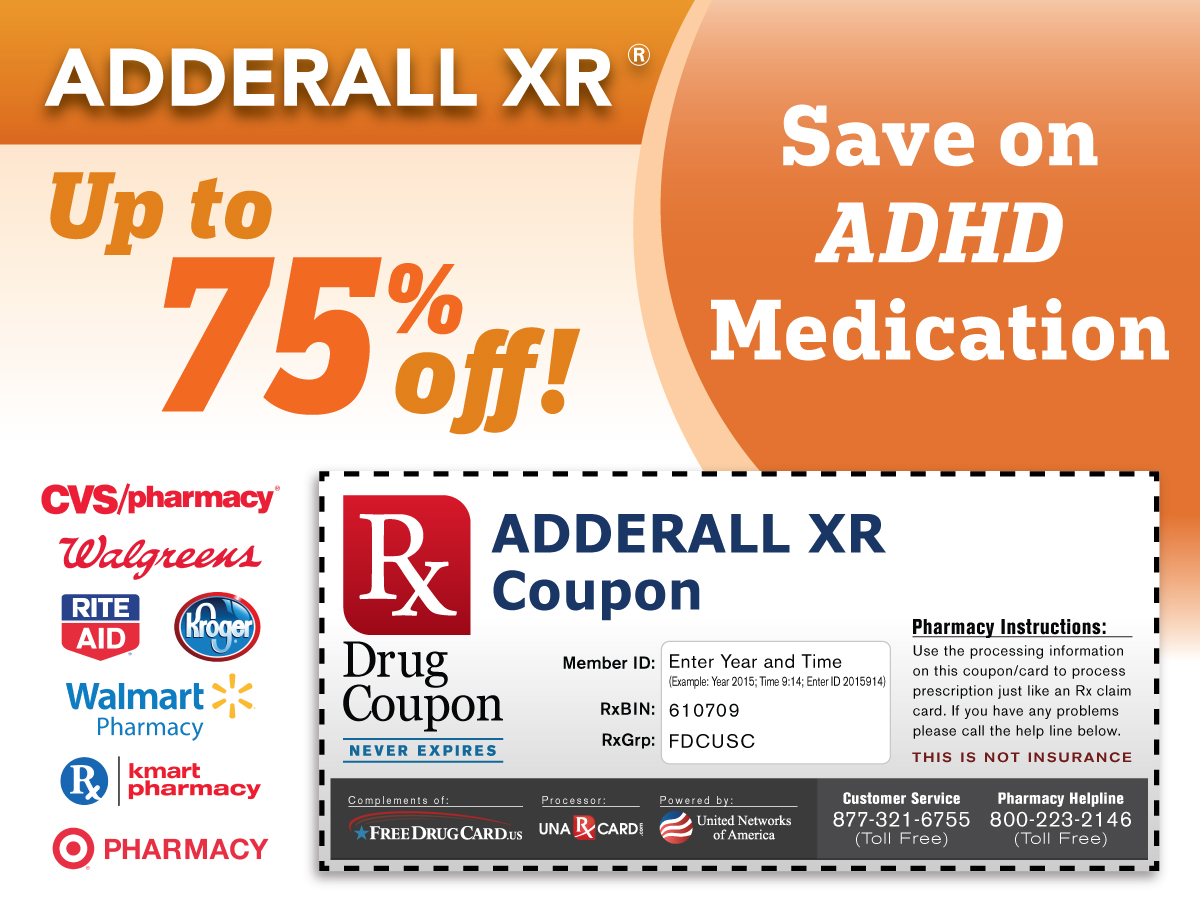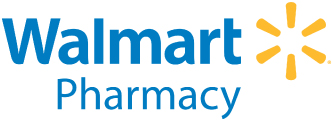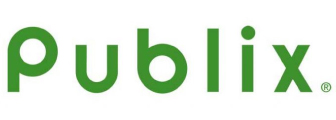ADHD Information
Attention deficit hyperactivity disorder (ADHD or AD/HD or ADD) is a developmental disorder. It is characterized primarily by "the co-existence of attentional problems and hyperactivity, with each behavior occurring infrequently alone" and symptoms starting before seven years of age.
ADHD is the most commonly studied and diagnosed psychiatric disorder in children, affecting about 3 to 5 percent of children globally and diagnosed in about 2 to 16 percent of school aged children. It is a chronic disorder with 30 to 50 percent of those individuals diagnosed in childhood continuing to have symptoms into adulthood. Adolescents and adults with ADHD tend to develop coping mechanisms to compensate for some or all of their impairments. It is estimated that 4.7 percent of American adults live with ADHD. Standardized rating scales such as the World Health Organization's Adult ADHD Self-Report Scale can be used for ADHD screening and assessment of the disorder's symptoms' severity.
ADHD is diagnosed two to four times more frequently in boys than in girls, though studies suggest this discrepancy may be partially due to subjective bias of referring teachers. ADHD management usually involves some combination of medications, behavior modifications, lifestyle changes, and counseling. Its symptoms can be difficult to differentiate from other disorders, increasing the likelihood that the diagnosis of ADHD will be missed. In addition, most clinicians have not received formal training in the assessment and treatment of ADHD, in particular in adult patients.
ADHD and its diagnosis and treatment have been considered controversial since the 1970s. The controversies have involved clinicians, teachers, policymakers, parents and the media. Topics include ADHD's causes, and the use of stimulant medications in its treatment. Most healthcare providers accept that ADHD is a genuine disorder with debate in the scientific community centering mainly around how it is diagnosed and treated. The American Medical Association concluded in 1998 that the diagnostic criteria for ADHD are based on extensive research and, if applied appropriately, lead to the diagnosis with high reliability.
Management
Methods of treatment often involve some combination of behavior modification, life-style changes, counseling, and medication. A 2005 study found that medical management and behavioral treatment is the most effective ADHD management strategy, followed by medication alone, and then behavioral treatment. While medication has been shown to improve behavior when taken over the short term, they have not been shown to alter long-term outcomes. Medications have at least some effect in about 80% of people.
Psychosocial
The evidence is strong for the effectiveness of behavioral treatments in ADHD. It is recommended first line in those who have mild symptoms and in preschool aged children. Psychological therapies used include psychoeducational input, behavior therapy, cognitive behavioral therapy (CBT), interpersonal psychotherapy (IPT), family therapy, school-based interventions, social skills training, parent management training, and neurofeedback. Parent training and education have been found to have short-term benefits. There is a deficiency of good research on the effectiveness of family therapy for ADHD, but the evidence that exists shows that it is comparable in effectiveness to treatment as usual in the community and is superior to medication placebo Several ADHD specific support groups exist as informational sources and to help families cope with challenges associated with dealing with ADHD.
Medication
Stimulant medication are the medical treatment of choice. There are a number of non-stimulant medications, such as atomoxetine, that may be used as alternatives. There are no good studies of comparative effectiveness between various medications, and there is a lack of evidence on their effects on academic performance and social behaviors. While stimulants and atomoxetine are generally safe, there are side-effects and contraindications to their use. Medications are not recommended for preschool children, as their long-term effects in such young people are unknown. There is very little data on the long-term benefits or adverse effects of stimulants for ADHD. Any drug used for ADHD may have adverse drug reactions such as psychosis and mania, though methylphenidate-induced psychosis is uncommon. People with ADHD have an increased risk of substance abuse, and stimulant medications reduce this risk. Stimulants medications in and of themselves however have the potential for abuse and dependence. Guidelines on when to use medications vary internationally, with the UK's National Institute of Clinical Excellence, for example, recommending use only in severe cases, while most United States guidelines recommend medications in nearly all cases.
ADHD Drug Information
Adderall
Adderall is a brand name of amphetamine salts–based medication used for attention-deficit hyperactivity disorder and narcolepsy - legal only in the United States and Canada. It is a brand-name psychostimulant medication composed of racemic amphetamine aspartate monohydrate, racemic amphetamine sulfate, dextroamphetamine saccharide, and dextroamphetamine sulfate, which are all amphetamine salts. It is thought to work by increasing the amount of dopamine and norepinephrine in between synapses in the brain because the drug is a potent dopamine reuptake inhibitor and norepinephrine reuptake inhibitor. It is available in two formulations: IR (Instant Release) and XR (Extended Release). The immediate release formulation is indicated for use in Attention Deficit Hyperactivity Disorder (ADHD) and narcolepsy, while the XR formulation is approved for use only with ADHD.
Like other stimulant prescription drugs, Adderall directly affects the mesolimbic reward pathway in the brain. Amphetamine salts preparations are considered to have high abuse potential, and it is classified as Schedule II by the US DEA.
Vyvanse (Lisdexamfetamine)
Lisdexamphetamine (L-lysine-D-amphetamine; sold as Vyvanse) is a psychostimulant prodrug of the phenethylamine and amphetamine chemical classes. Its molecular structure consists of dextroamphetamine coupled with the essential amino acid L-lysine.
Lisdexamfetamine itself is inactive and acts as a prodrug to dextroamphetamine upon cleavage of the lysine portion of the molecule. It was developed for the intention of creating a longer-lasting and more difficult to abuse version of dextroamphetamine, as the requirement of conversion into dextroamphetamine via enzymes in the red blood cells increases its duration, regardless of the route of ingestion. There is no increased onset or effect as occurs with IV administration of dextroamphetamine compared to oral use of the same. Intravenously administered lisdexamfetamine produced likability effects similar to placebo, therefore affirming the drug's ability to reduce abuse potential.
Lisdexamfetamine is indicated for the treatment of attention deficit hyperactivity disorder (ADHD) in children six to twelve years and in adults as an integral part of a total treatment program that may include other measures (i.e., psychological, educational, social). The safety and efficacy of lisdexamfetamine dimesylate in patients three to five years old have not been established.
Methylphenidate
Methylphenidate is approved by the U.S. Food and Drug Administration (FDA) for the treatment of attention-deficit hyperactivity disorder The addition of behavioural modification therapy (e.g. cognitive behavioral therapy (CBT)) has additional benefits on treatment outcome. There is a lack of evidence of the effectiveness in the long term of beneficial effects of methylphenidate with regard to learning and academic performance. One study found that pharmacological treatment of ADHD in childhood reduces the risk that children will resort to substance abuse in adolescence by 85%, while untreated ADHD was a significant risk factor in developing substance abuse. A meta analysis of the literature concluded that methylphenidate quickly and effectively reduces the signs and symptoms of ADHD in children under the age of 18 in the short term but found that this conclusion may be biased due to the high number of low quality clinical trials in the literature. There have been no placebo controlled trials investigating the long term effectiveness of methylphenidate beyond 4 weeks thus the long term effectiveness of methylphenidate has not been scientifically demonstrated. Serious concerns of publication bias regarding the use of methylphenidate for ADHD have also been noted. A diagnosis of ADHD must be confirmed and the benefits and risks and proper use of stimulants as well as alternative treatments should be discussed with the parent before stimulants are prescribed. The dosage used can vary quite significantly from individual child to individual child with some children responding to quite low doses whereas other children require the higher dose range. The dose, therefore, should be titrated to an optimal level that achieves therapeutic benefit and minimal side-effects. This can range from anywhere between 5–30 mg twice daily or up to 60 mg a day. Therapy with methylphenidate should not be indefinite. Weaning off periods to assess symptoms are recommended.
































